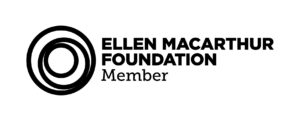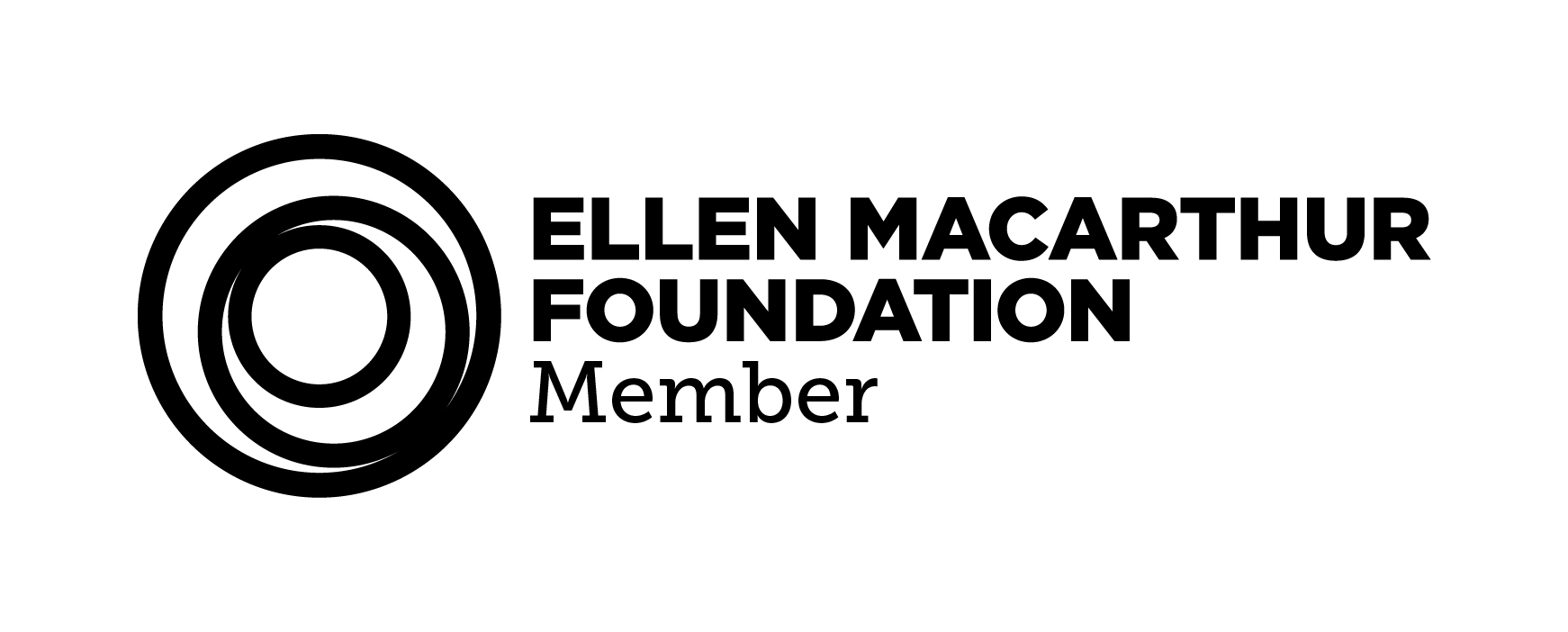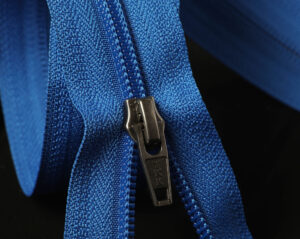 YKK Corporation has joined the Ellen MacArthur Foundation Network to further demonstrate the company’s commitment to advancing the circular economy. As YKK has long been a partner to many fashion brands that engage with the Foundation to drive circularity in the fashion industry, becoming a member of the Foundation’s Network was a logical step to enable deeper collaboration among various stakeholders.
YKK Corporation has joined the Ellen MacArthur Foundation Network to further demonstrate the company’s commitment to advancing the circular economy. As YKK has long been a partner to many fashion brands that engage with the Foundation to drive circularity in the fashion industry, becoming a member of the Foundation’s Network was a logical step to enable deeper collaboration among various stakeholders.
With the release of the A New Textiles Economy report in 2017, the Ellen MacArthur Foundation brought the impact of the fashion industry into the spotlight and prompted many industry stakeholders to take action in order to unlock the environmental and economic benefits that a circular economy for fashion can bring to the economy, the environment, and society. YKK has long been working to protect the planet through its products and processes, and is further committed to actions and developments that are aligned with the Foundation’s circular economy principles.
The circular economy is based on three key principles: eliminate waste and pollution, circulate products and materials, and regenerate nature.
On the elimination of waste and pollution, YKK took the lead with the initiative of developing the NATULON® zipper made with recycled PET in 1994. The company continued to deliver eco-friendly innovations with products such as the GreenRise® zipper, which uses plant-based polyester, NATULON® Ocean Sourced® zipper, which is made from ocean bound plastic waste, and technologies such as AcroPlating®, which greatly reduces the use of resources and eliminates hazardous substances.
On the circulation of products and materials, YKK’s latest innovation is the TouchLink® slider, which makes digitally connected garments a reality and enables brands to unlock the hidden value of garments across their lifecycles. The TouchLink® slider allows for the easy deployment of product passports to help keep products in circulation.
On the regeneration of nature, YKK released its Environmental Charter in 1994, which proclaimed “harmony with the environment” as being the highest priority of its business activities. YKK signed the Fashion Industry Charter for Climate Action in March 2020 and confirmed that commitment in October 2020, with the release of its Sustainability Vision 2050, the company’s roadmap for addressing climate change, material resources, water resources, chemical management and human rights, and aligned its efforts with ten UN SDGs. In March 2021, YKK’s emissions reduction targets were approved by the independent Science Based Targets initiative (SBTi).
Currently, YKK is focused on the development of products designed to work with garment recycling systems and digital product passports. The development of these and other technologies will be the key to ensuring that future garments will satisfy the needs of users and unlock opportunities for brands and retailers to develop products for circular business models, such as repair, remaking, rental, resale, and recycling.
By becoming a member of the Foundation’s Network, YKK hopes to connect with the leading players across industries, learn how to better promote circularity, and collaborate in new developments of products that can activate circular business models in the fashion industry.
“We are pleased to be joining an organization of like-minded companies focused on creating a circular economy,” said Asako Yoshioka, vice president of sustainability at YKK Corporation. “Sustainability has been part of YKK’s DNA since the beginning and joining the Ellen MacArthur Foundation is another step in our journey to help create a circular economy that will benefit the economy, environment, and society.”
About the Ellen MacArthur Foundation
The Ellen MacArthur Foundation is an international charity that develops and promotes the circular economy in order to tackle some of the biggest challenges of our time, such as climate change, biodiversity loss, waste, and pollution. We work with our network of private and public sector decision-makers, as well as academia, to build capacity, explore collaborative opportunities, and design and develop circular economy initiatives and solutions. Increasingly based on renewable energy, a circular economy is driven by design to eliminate waste, circulate products and materials, and regenerate nature, to create resilience and prosperity for business, the environment, and society.
About YKK
YKK solves the most complex fastening and attaching challenges. Since the company’s founding in Tokyo in 1934, YKK has continuously set industry standards for quality, innovation, and sustainability in the production of zippers, plastic hardware, hook and loop fasteners, webbing tapes, and snap and buttons. YKK’s “solutions-first” approach leverages its extensive product and machinery portfolio, engineering expertise, and integrated production, service, and supply chain solutions in 70+ countries/regions, leaving it well-positioned to support the growth of customers of all sizes and adapt to their evolving business needs. Guided by the CYCLE OF GOODNESS® philosophy – no one prospers without rendering benefit to others – YKK aims to contribute to a sustainable society through its products and manufacturing operations and constantly seeks new ways to serve the changing needs of its customers while at the same time investing in its employees and giving back to its communities.


